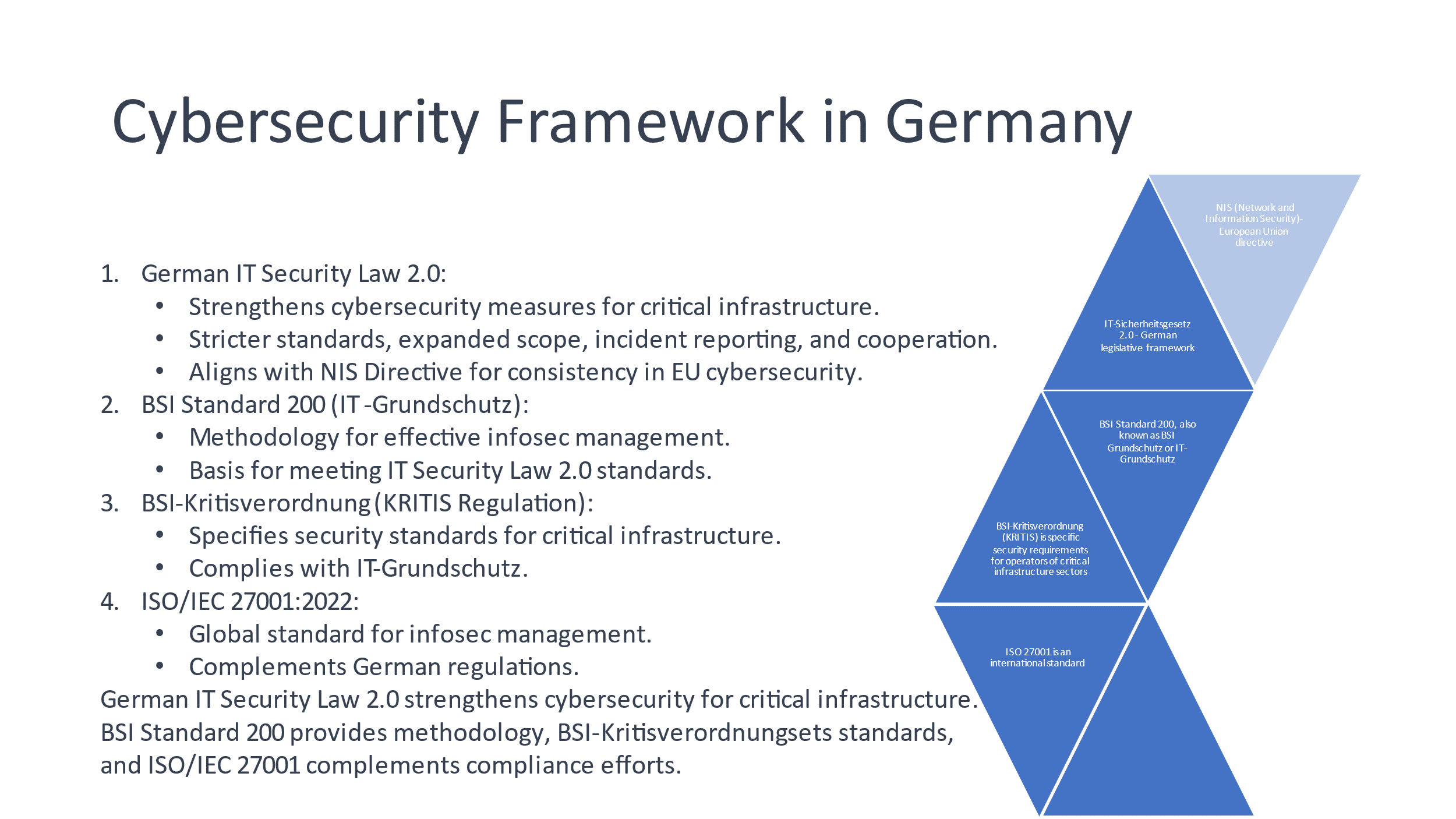Welcome to the final episode of our blog series on using ChatGPT to implement cybersecurity. Throughout this blog series, we have explored the incredible potential of ChatGPT in implementing cybersecurity practices. In Episode 1, we discussed leveraging ChatGPT for threat detection, exploring its role in analyzing security logs, identifying indicators of compromise, and augmenting security analysts’ capabilities. Episode 2 focused on integrating ChatGPT into incident response workflows, demonstrating its ability to categorize incidents, recommend response actions, and enhance automation and orchestration processes. In Episode 3, we explored enhancing user behavior analytics with ChatGPT, highlighting its power in analyzing user behavior, detecting anomalies, and integrating with existing UBA tools.
We will now explore the future of ChatGPT and its evolving role in the field of cybersecurity. We will discuss potential advancements, and future applications. We will also talk on the importance of human validation in leveraging ChatGPT for cybersecurity purposes.

Exploring the Evolving Role of AI in Cybersecurity
As the cybersecurity landscape evolves, the role of AI, including ChatGPT, continues to expand. AI-powered solutions have the potential to revolutionize cybersecurity practices by enabling proactive threat detection, enhancing incident response, and improving overall defense mechanisms. ChatGPT, with its ability to understand natural language and analyze vast amounts of data, has already proven to be a valuable asset in several cybersecurity domains.
Potential Advancements and Future Applications
In future, we can expect ChatGPT to play an even more significant role in cybersecurity. Advancements in natural language processing and machine learning algorithms will enhance ChatGPT’s ability to understand complex cybersecurity concepts, detect advanced threats, and provide more accurate recommendations. The integration of ChatGPT with other AI technologies, such as computer vision or network analysis, holds tremendous potential for comprehensive threat detection and defense.
We are yet to witness ChatGPT being used in areas such as threat hunting, proactive defense, and security operations center (SOC) automation. ChatGPT could assist security analysts in identifying emerging threats, uncovering attack patterns, and even simulating cyber-attack scenarios to enhance preparedness. The application of ChatGPT in anomaly detection, network traffic analysis, and vulnerability management is also promising.
Addressing Ethical Considerations and the Importance of Human Validation
While the potential of ChatGPT in cybersecurity is vast, it is crucial to address ethical considerations and the importance of human validation. AI models, including ChatGPT, can be susceptible to biases and may generate false positives or false negatives. Human oversight and validation are essential to ensure accurate decision-making and mitigate the risk of relying solely on AI-generated insights.
Moreover, as AI models become more powerful, there is a need for responsible AI usage. Organizations must prioritize data privacy, transparency, and fairness while utilizing ChatGPT for cybersecurity purposes. Regular model audits, ongoing training, and adherence to ethical frameworks are critical to maintain trust and ensure the responsible use of ChatGPT in cybersecurity operations.
Conclusion
As the cybersecurity landscape continues to evolve, it is crucial to remain adaptable and leverage advancements in AI technologies like ChatGPT to address emerging challenges and safeguard critical digital assets. By combining the power of human expertise with the capabilities of ChatGPT, organizations can harness the full potential of AI in cybersecurity, paving the way for a more secure digital future.



